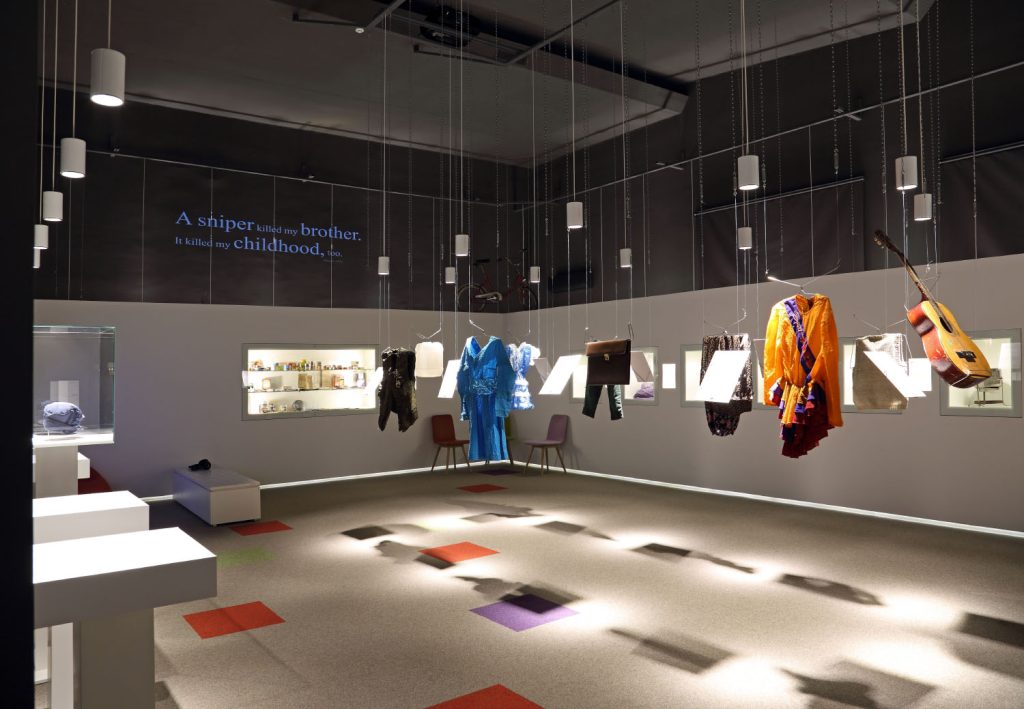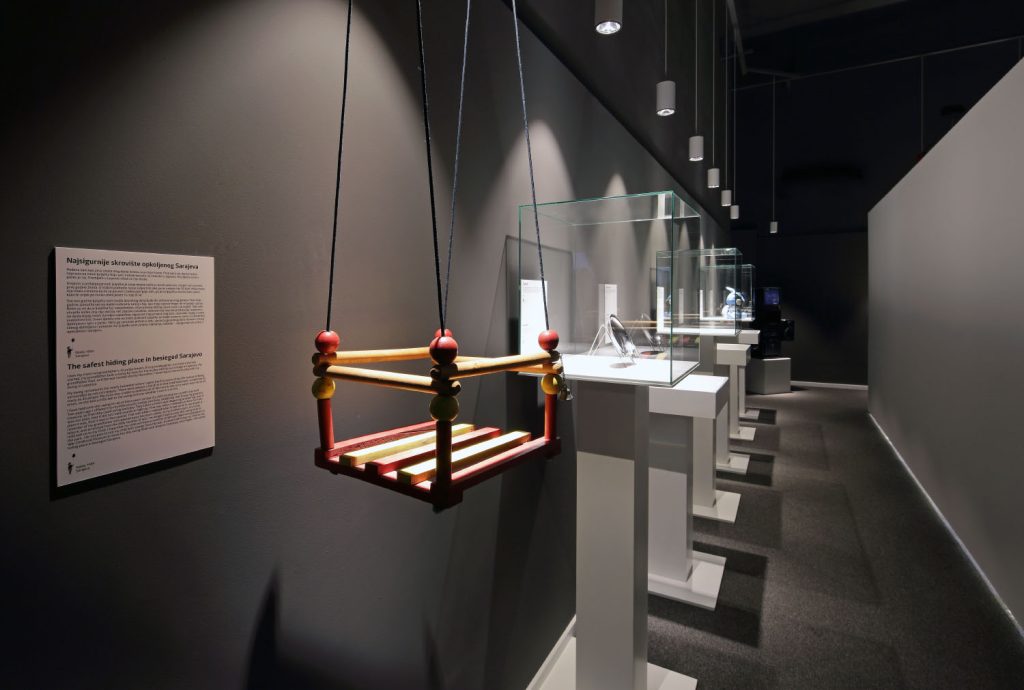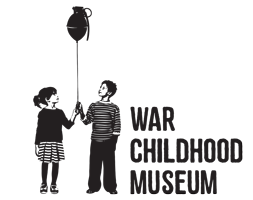


The experiences of children in war often go unheard, yet their stories are crucial for understanding the human cost of conflict. The War Childhood Museum (WCM), based in Sarajevo, provides a unique perspective on the lives of children affected by war. By collecting personal artefacts, stories, and testimonies, this museum ensures that their experiences are not forgotten.
This topic is important because childhood is a fundamental phase of human development, and conflict leaves lasting scars. Understanding these impacts can guide peacebuilding efforts, influence policymaking, and promote social healing. The museum’s work applies to various sectors, including education, history, humanitarian work, and psychological support services.
The War Childhood Museum is dedicated to documenting and sharing the experiences of children who have lived through war. Founded in 2017, it serves as an educational and emotional space where visitors can engage with these narratives through immersive exhibits, storytelling, and music. Music plays a key role in the museum’s approach, helping to evoke empathy and facilitate emotional healing.
The topic matters because war’s effects on children extend far beyond the battlefield. Trauma, displacement, and loss shape their futures and, by extension, the societies they grow into. By shedding light on their stories, the museum fosters understanding and helps prevent the same mistakes from repeating in future generations. It also provides a safe space for children affected by war to express themselves, which is essential for their psychological well-being.

The War Childhood Museum Foundation leads this project, bringing together historians, educators, psychologists, and artists. Their efforts focus on collecting testimonies, curating exhibits, and organising workshops.
The museum has received international recognition, including the Council of Europe Museum Prize (2018), highlighting its global impact. The foundation also collaborates with peacebuilding organisations, policymakers, and educators to integrate these stories into educational curricula and discussions about war and its consequences.
The work of the War Childhood Museum has a profound impact on individuals, communities, and society at large. One of its key contributions is preserving historical narratives. By collecting thousands of artifacts and stories, the museum ensures that the experiences of war-affected children are not erased from history. Another significant impact is fostering empathy and dialogue. Interactive exhibits help visitors, including policymakers and educators, understand the deep emotional and psychological scars of war on children. Additionally, the museum provides emotional healing through its workshops, allowing children to express their experiences through art and music, helping them process trauma and find a sense of closure. Lastly, the museum plays a role in advancing peacebuilding efforts. By highlighting the resilience of children in conflict, it contributes to global conversations on peace and conflict resolution.The War Childhood Museum serves as a powerful reminder of the resilience of children in war zones. Its work not only preserves history but also promotes healing, education, and peacebuilding. To learn more about their initiatives, visit their official website.

Download our ezine here, to learn more about what we have done to date and follow us on our social medias to be the first to hear the latest news.